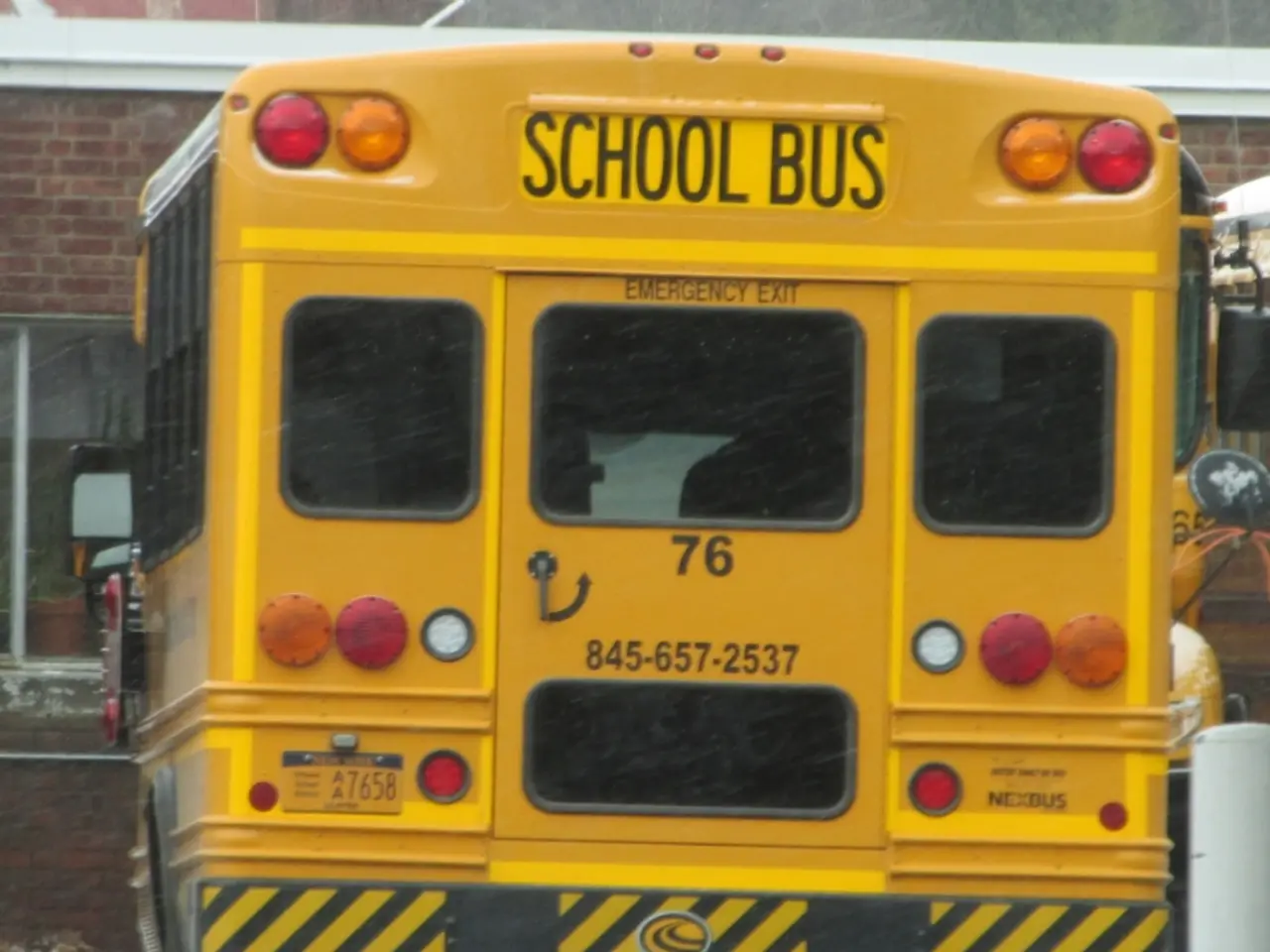Policy proposals outlined by Lee aim to address educational disparities
South Korea's new administration, led by President Lee Jae Myung, has announced a comprehensive reform package aimed at addressing deep-rooted education issues and preparing the nation for the artificial intelligence era.
One of the key proposals is the establishment of new self-directed learning centers in public facilities. These centers will offer level-based instruction and personalized guidance to students, fostering a more tailored learning experience.
The reform package also seeks to strengthen youth policy support by widening access to employment-linked vocational programs, expanding housing scholarships, and improving dormitories. This is a significant move towards addressing youth unemployment and housing affordability issues.
Per-student spending in the "10 Seoul National Universities" initiative will be raised to match South Korea's top institution, with the aim of providing equal opportunities for students across the country.
In a bid to attract outstanding foreign talent, the government will also make efforts to strengthen support for immigrant and multicultural students, including expanding Korean-language education.
To address regional disparities in education, plans have been made to reduce education gaps by expanding basic academic support, psychological and emotional care, after-school programs, and community-based child care.
The government's "10 Seoul National Universities" initiative will channel strategic investment into flagship national universities, with the intention of elevating their status and research capabilities.
The Regional Innovation System for Education will be restructured to foster joint growth between national and private universities, encouraging collaboration and knowledge sharing.
A new national talent committee will be established to map national human capital, providing valuable insights for future policy decisions.
To ensure student well-being, a multilayered mental health support system will be established. This system will address the mental health needs of students, a critical issue in South Korea's education system.
In response to the growing concern about digital sex crimes, education to prevent digital sex crimes such as making and sharing pornographic deepfake images and videos will be introduced.
The government will also embed AI education across all school levels, from elementary to graduate programs, ensuring that students are well-prepared for the future.
To address the issue of sky-high private tuition costs, the government will gradually implement free education and child care for children aged 3 to 5. This move aims to level the playing field for students from different socio-economic backgrounds.
Political rights for educators will be expanded, empowering them to contribute more effectively to the education system.
Lastly, the government aims to reform school governance to empower teachers, students, and parents, and enhance the authority of parent associations. This reform is intended to break the capital-centric hierarchy among schools, strengthen public schooling, and prepare talent for the artificial intelligence era.
While the Education Minister and Deputy Prime Minister, Choi Gyo-jin, has emphasized the importance of close collaboration with local education offices, universities, and other ministries, there is currently no clear identification of the Education Minister and Deputy Prime Minister of South Korea, as the current Prime Minister, Kim Min-seok, is not explicitly linked to the education ministry or deputy prime minister position.
The Lee Jae Myung administration has also announced plans to improve school safety by introducing additional security cameras and stronger hygiene standards for school meals. Furthermore, efforts will be made to attract outstanding foreign talent and strengthen support for adult learners through lifelong AI retraining.
These proposals mark a significant step forward in South Korea's education reform, addressing long-standing issues and preparing the nation for the challenges of the future.
Read also:
- Postpartum Period and Gestational Diabetes: Does it Persist?
- Controlled spree of Legionnaires' disease among Harlem residents ceased, city health authorities confirm; however, locals push for increased openness and information disclosure
- Transform City for the Better
- Prostate Cancer Examination Guidelines, Outcomes, and Financial Aspects




